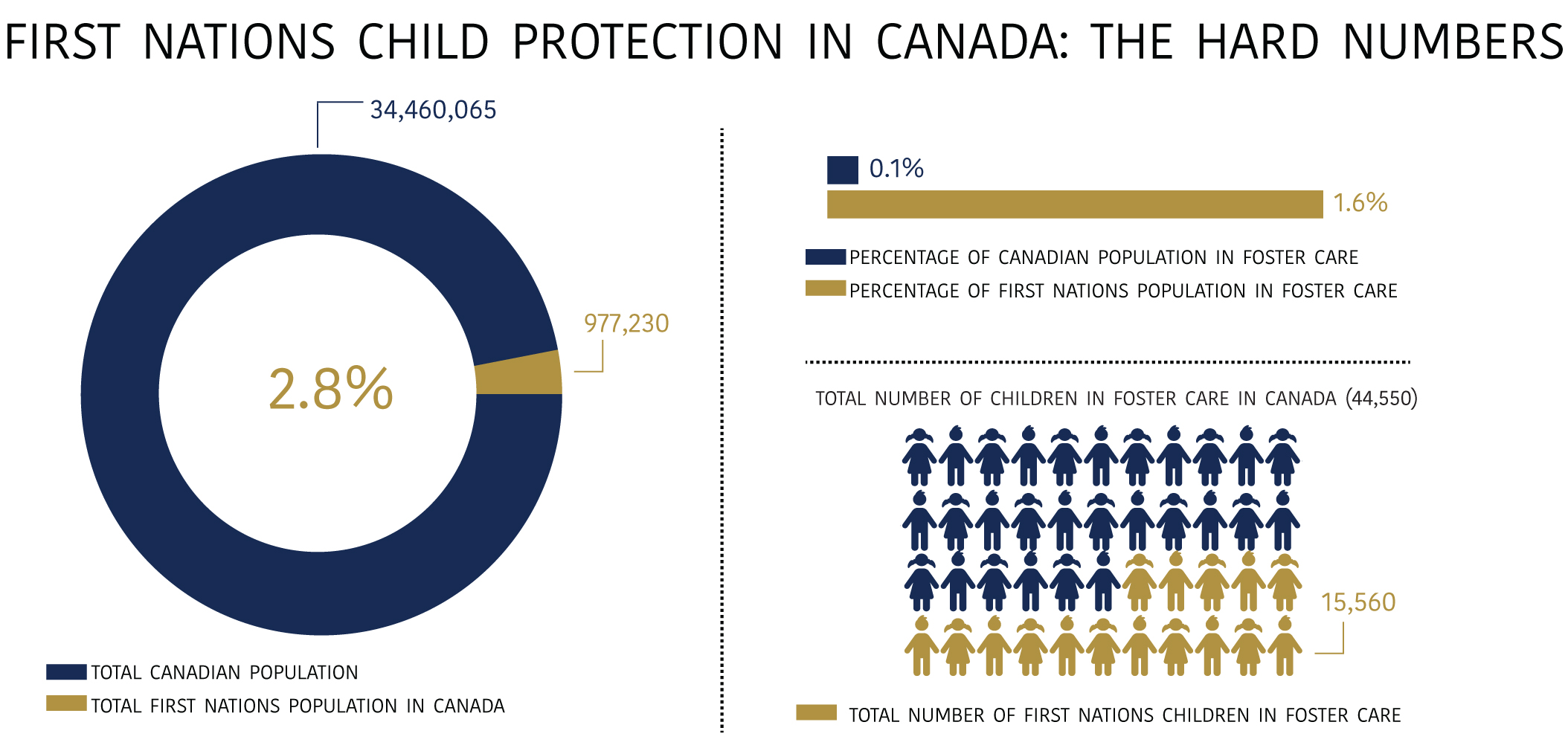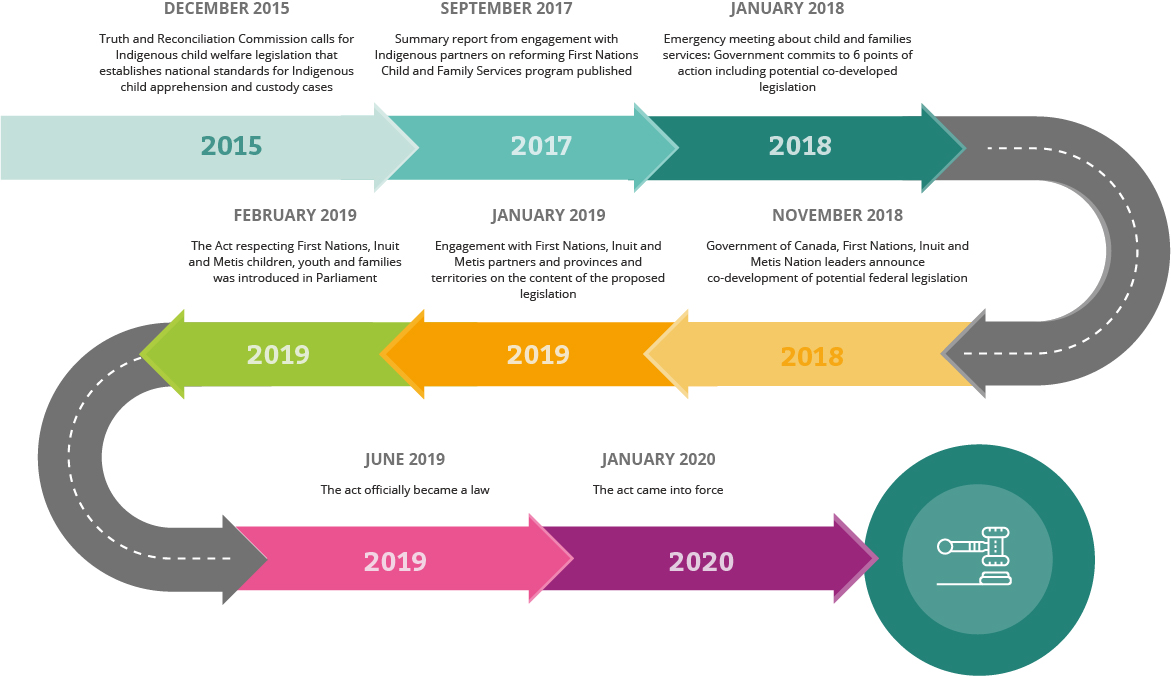Sixties Scoop
The term Sixties Scoop was coined by Patrick Johnston, author of the 1983 report Native Children and the Child Welfare System. It refers to the large-scale removal or ‘scooping’ of Indigenous children from their families, communities and their culture into the child welfare system, in most cases without the consent of their families or bands. Almost all newly born children were removed from the care of their mothers and were placed in foster homes, and eventually adopted out to non-Indigenous (Euro-Canadian) families. Many of them faced physical, psychological and sexual abuse, and were made to feel ashamed of who they are. The Truth and Reconciliation Commission characterized the Sixties Scoop as a legacy of the residential school system.
Sixties Scoop Timeline
1951
Amendments to the Indian Act give provinces jurisdiction over Indigenous child welfare. The government begins to phase out compulsory residential school education.
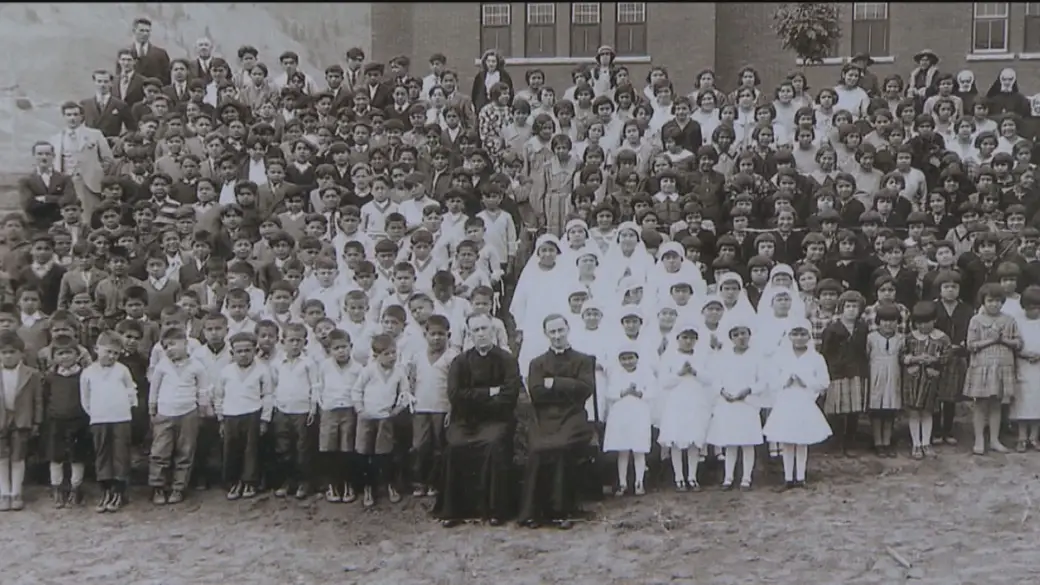
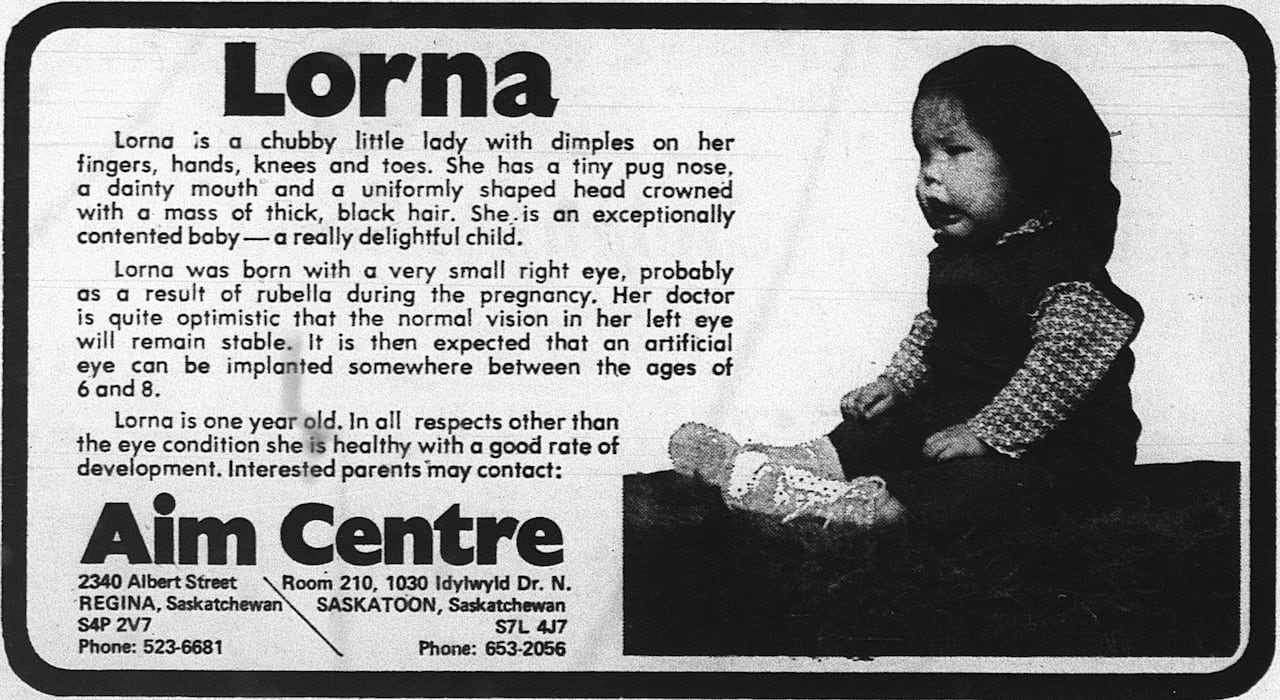
1960s
The sixties marked an exponential increase in the number of Indigenous children apprehended by child welfare authorities. Indigenous children were removed from their families, communities and their culture and placed in foster homes, and eventually adopted out to Euro-Canadian families. During this time, social workers were not required or expected to have training about the Indigenous communities they visited. Their values on what constitutes proper care were largely based on Euro-Canadian values.
1977
By 1977, an estimated 15,500 Indigenous children in Canada were living in care. According to H. Philip Hepworth’s 1980 study entitled Foster Care and Adoption in Canada, Indigenous children represented 20 percent of all children living in care, even though Indigenous children made up less than 5 percent of the total child population. In western Canadian provinces, the proportion of Indigenous children is higher – 39 percent in British Columbia to 60 percent in Manitoba.
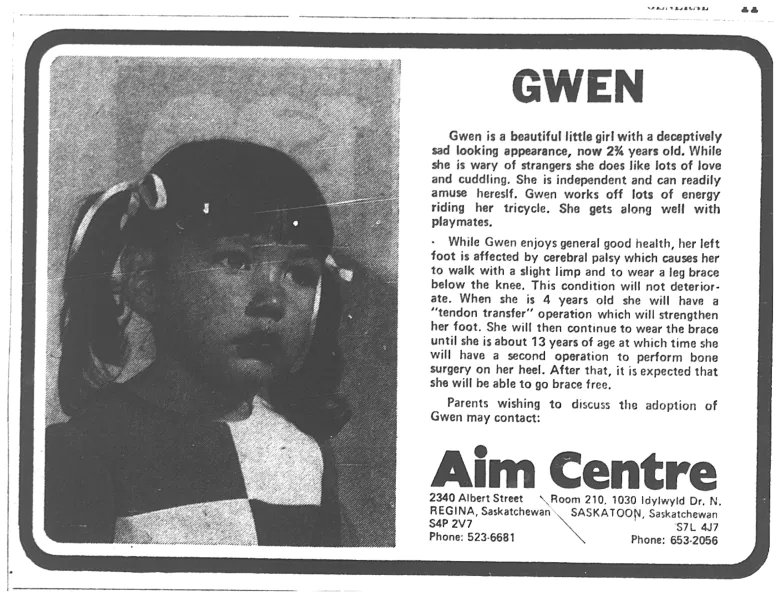
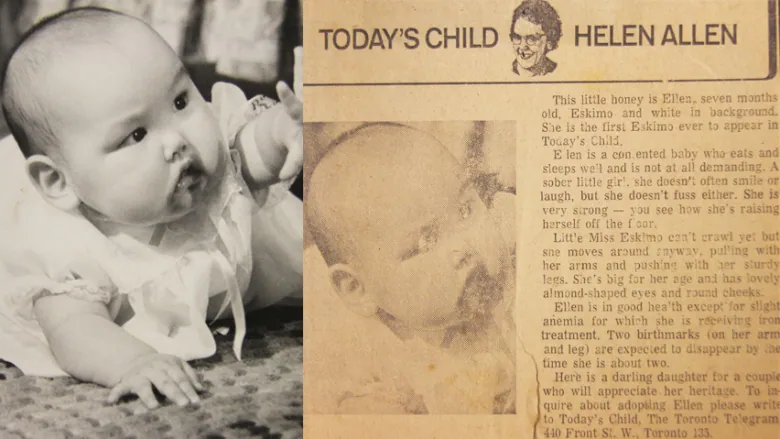
1983
Patrick Johnston authored Native Children and the Child Welfare System where the term Sixties Scoop first appeared. During his research, he interviewed a retired social worker in British Columbia, who said that during the sixties, she and her colleagues “scooped” children from reserves “almost as a matter of course.”
1985
Justice Edwin Kimelman releases a report entitled No Quiet Place concludes that “cultural genocide has taken place in a systematic, routine manner”. Many legislative changes are made following the reports of Patrick Johnston and Justice Edwin Kimmelman as well as the calls of Indigenous bands to amend provincial adoption laws. Some of the changes include requiring Band notification and prioritizing placements with extended family members.
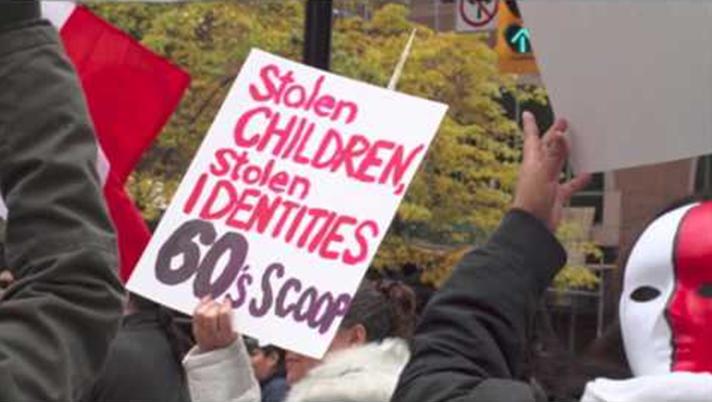
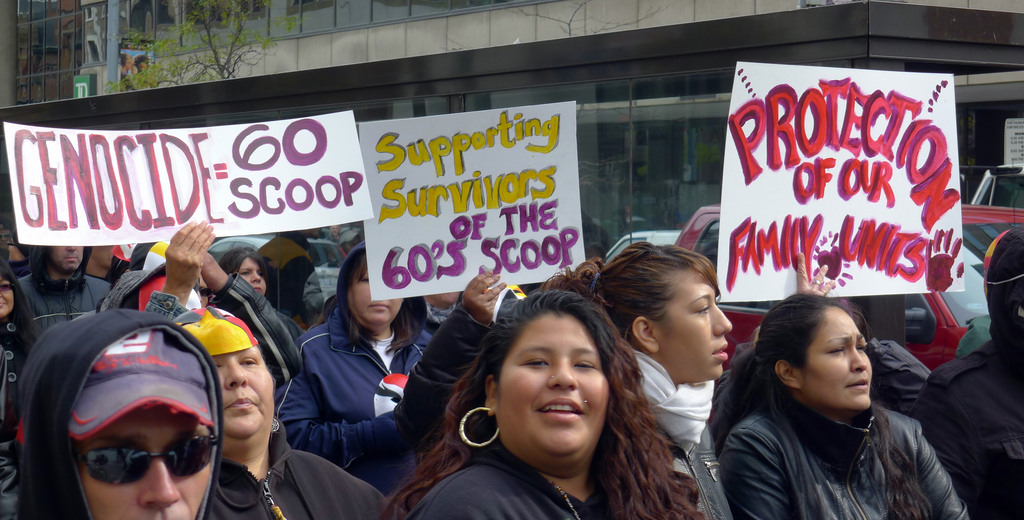
1992
A moratorium is placed on non-Indigenous families adopting Indigenous children in British Columbia, which was later replaced by an Exceptions committee to determine care plans.
1996
BC passes the Child, Family and Community Services Act & the Adoption Act, both requiring greater inclusion of a child’s community and culture in decision making.

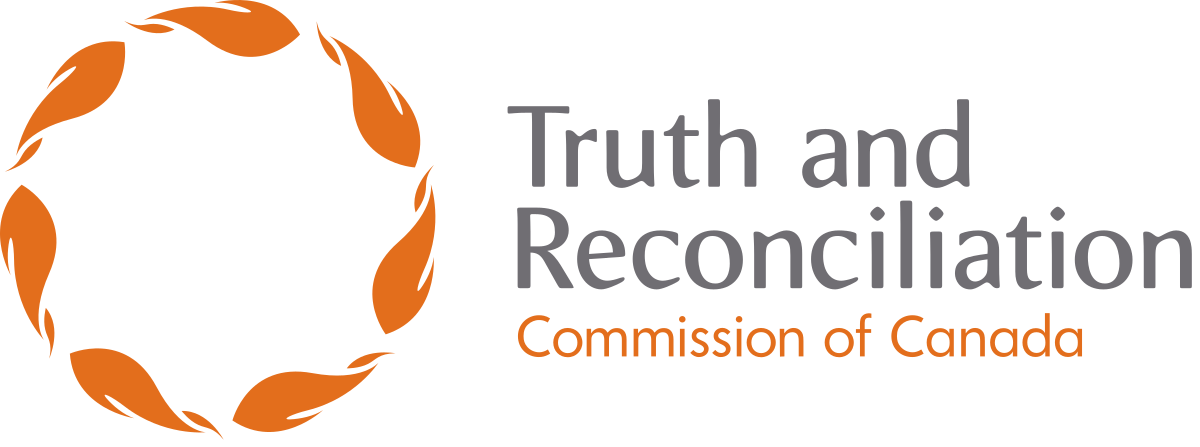
2015
The Truth and Reconciliation Commission calls for Indigenous child welfare legislation that will address the overrepresentation of Indigenous children in the child welfare system. The Truth and Reconciliation Commission also calls for national standards for Indigenous child apprehension and custody cases.
2017
A summary report from engagement with Indigenous partners on reforming First Nations Child and Family Services program was published.
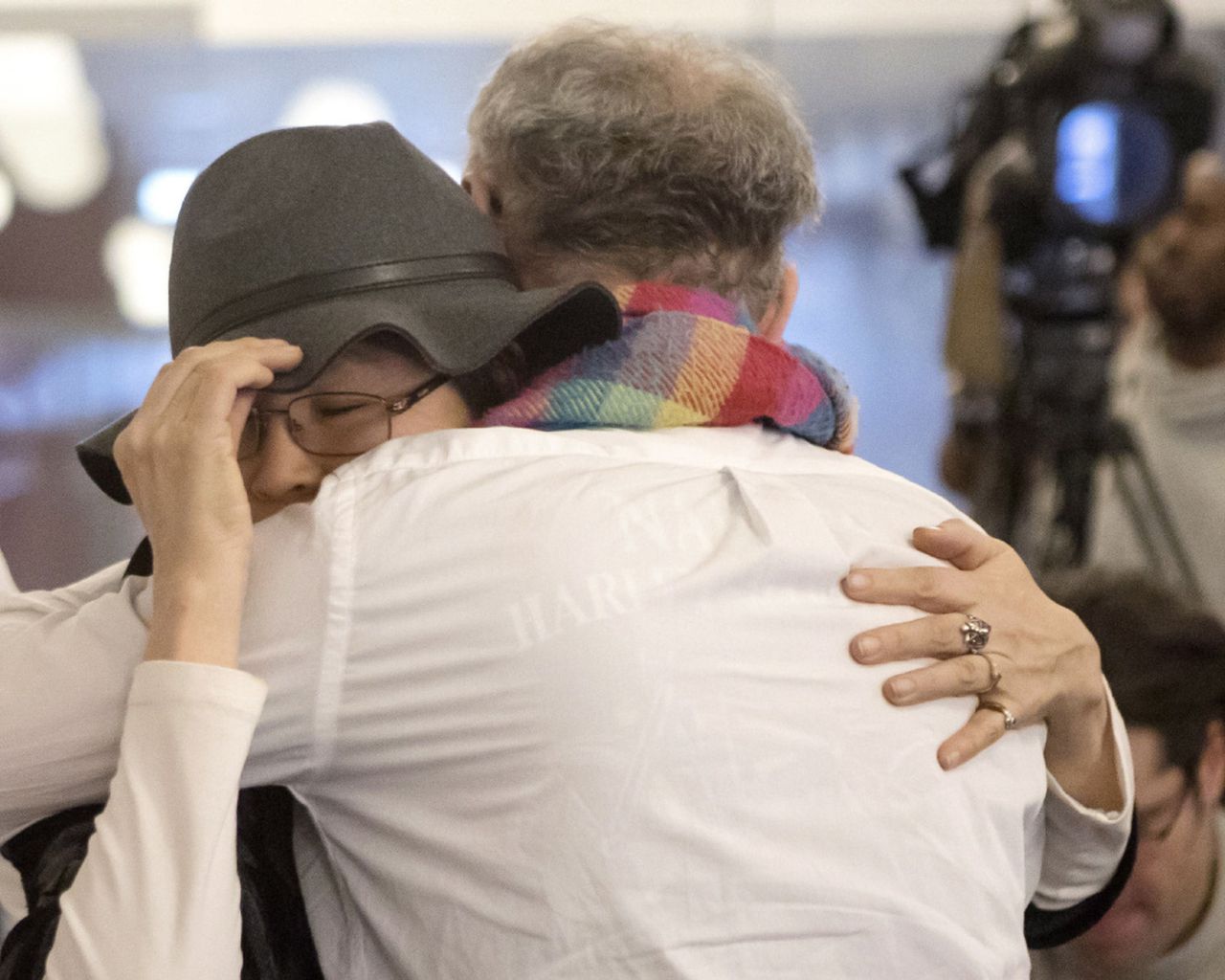
2018
Approved in August 2018, the federal government has reached an agreement to commit $800 million to Sixties Scoop survivors. This agreement has been widely criticized because it does not account for abuses suffered and excludes non-Status and Métis survivors. In November 2018, the Government of Canada, First Nations, Inuit, and Métis Nation leaders announced the co-development of potential federal legislation on Indigenous child welfare.
2019
The government of Canada introduces Bill C-92, An Act respecting First Nations, Inuit and Métis children, youth and families.

2020
The federal child welfare legislation comes into force.
To learn more about the Sixties Scoop:
References
Sinclair, R. (1). Identity lost and found: Lessons from the sixties scoop. First Peoples Child & Family Review, 3(1), 65-82. Retrieved from https://fpcfr.com/index.php/FPCFR/article/view/25
Sixties Scoop. (n.d.). Welcome to Indigenous Foundations. https://indigenousfoundations.arts.ubc.ca/sixties_scoop/
Sixties Scoop. (n.d.). The Canadian Encyclopedia. https://www.thecanadianencyclopedia.ca/en/article/sixties-scoop
Phone
Main:
604-544-1110
Toll-Free Foster Parent Line:
1-800-663-9999
Office hours: 8:30 am - 4:00 pm, Monday to Friday
PROVINCIAL CENTRALIZED SCREENING
Foster parents are encouraged to call this number in the event of an EMERGENCY or CRISIS occurring after regular office hours:
1-800-663-9122
REPORT CHILD ABUSE
If you think a child or youth under 19 years of age is being abused or neglected, you have the legal duty to report your concern to a child welfare worker. Phone 1-800-663-9122 at any time of the day or night. Visit the Government of BC website for more info.
address
BCFPA Provincial Office
Suite 208 - 20641 Logan Avenue
Langley, BC V3A 7R3
contact us
Fill out our contact form...

News
Site menu
Subscribe to Our Newsletter
Charitable Registration #
106778079 RR 0001
Our work takes place on the traditional and unceded Coast Salish territories of the Kwantlen, Katzie, Matsqui and Semiahmoo First Nations. BCFPA is committed to reconciliation with all Indigenous communities, and creating a space where we listen, learn and grow together.
© 2021 BC Foster Parents. Site design by Mighty Sparrow Design.
